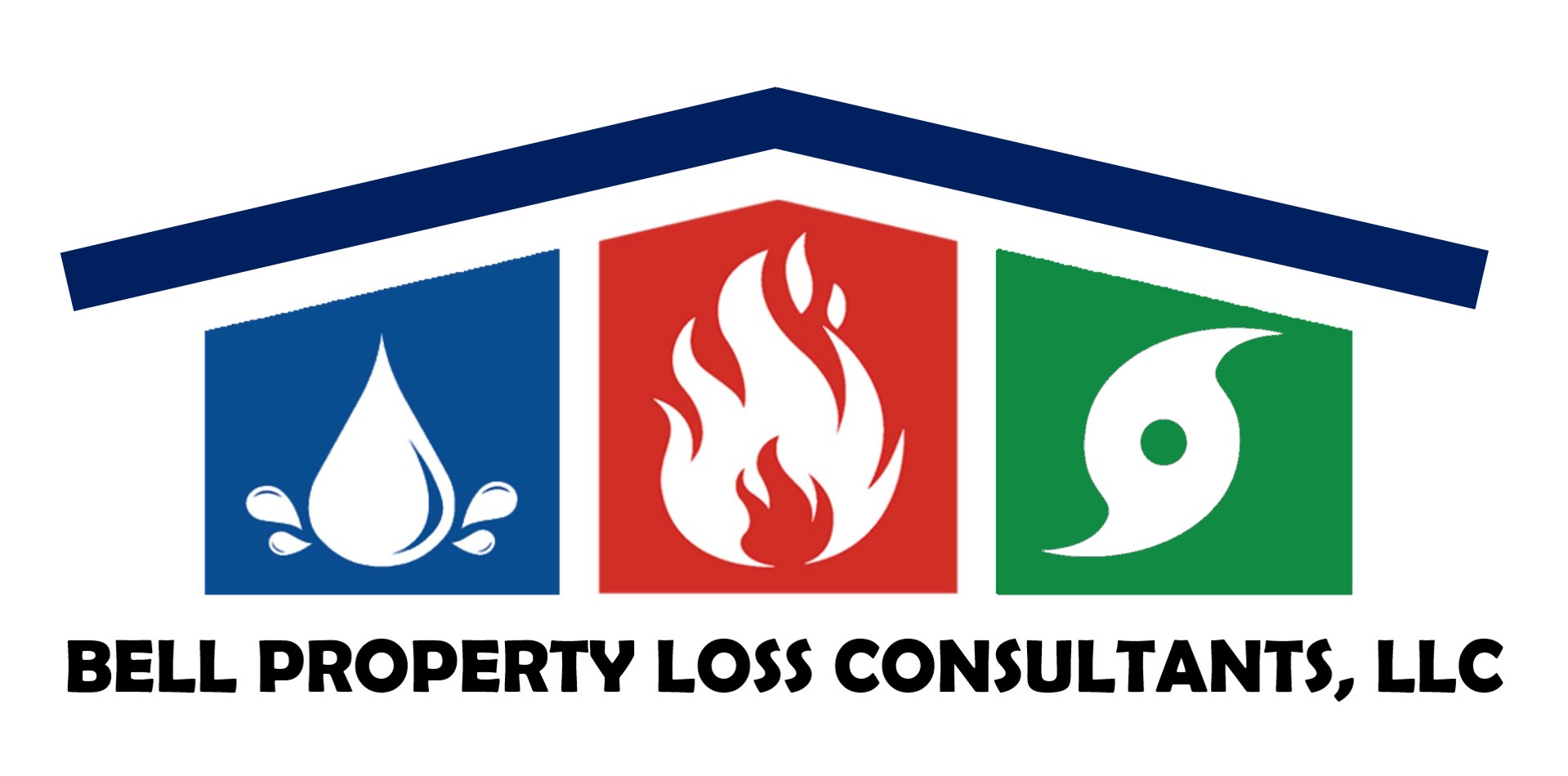An insurance contract is purchased as a means of protection against financial loss. Essentially, insurance is a way to protect your property, goods or business from a loss of value.
There are many types of insurance policies, home, auto, business property, or business interruption.
Despite the wide array of policies most have a small but powerful means of settling a disputed claim.
What is an “Insurance Appraisal”?
Insurance appraisal is a form of alternative dispute resolution that will “decide the dollar amount of an Insurance claim”. It can help both the policyholder and the insurance company. It is often timelier and more cost-effective than litigation.
Insurance appraisal cannot address issues of coverage or causation, only cost.
Insurance appraisal is to “set the amount of loss” only.
An Example of an Insurance Appraisal Clause:
“If you and we fail to agree on the amount of loss, either may demand that the amount of loss be set by appraisal. If either makes a written demand for appraisal, each shall select a competent, independent appraiser. Each shall notify the other of the appraiser’s identity within 20 days of receipt of the written demand. The two appraisers shall then select a competent, impartial umpire. If the two appraisers are unable to agree upon an umpire within 15 days, you or we can ask a judge of a court of record in the state where the residence premises is located to select an umpire. The appraisers shall then set the amount of the loss. If the appraisers fail to agree within a reasonable time, they shall submit their differences to the umpire. Written agreement signed by any two of these three shall set the amount of the loss.”
Facts about Insurance Appraisal:
It effectively removes the decision making from the entrenched parties that cannot agree on a settlement.
Either the policyholder or the insurance carrier has the right to invoke appraisal.
It is generally more efficient and less costly than litigation.
It is binding on both parties.
Insurance appraisers can be builders, insurance agents, lawyers, or anyone competent in the damage being appraised.
The umpire in the appraisal process should rule only on the differences between the two appraisers.
An award will still be subject to regulations, state law, or policy conditions.
The Insurance appraisal process is a non-judicial means of resolving disputes.
An umpire is only necessary if the two appraisers can’t reach an agreement.
Each party must pay for their appointed appraiser. The policyholder and the insurance company share the umpire and other expenses equally between them.
This pertains only to disputes involving a disagreement in the amount of loss.
Conclusion
For both the policyholder and insurance company the insurance appraisal process can be an excellent and often cost-effective way to resolve an insurance dispute.

